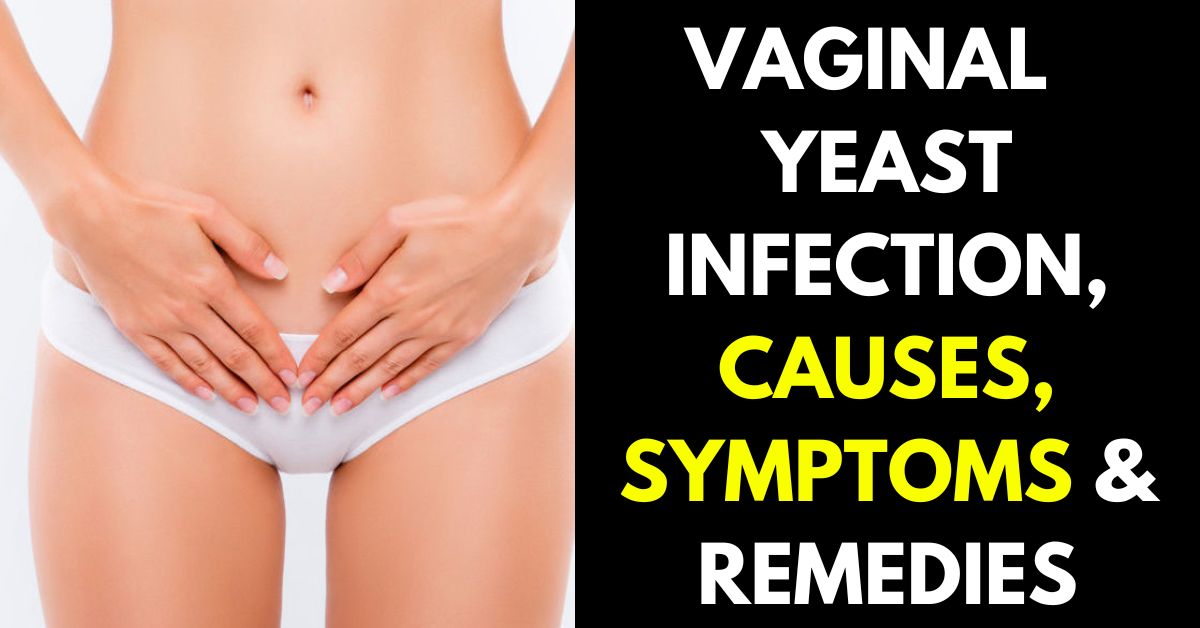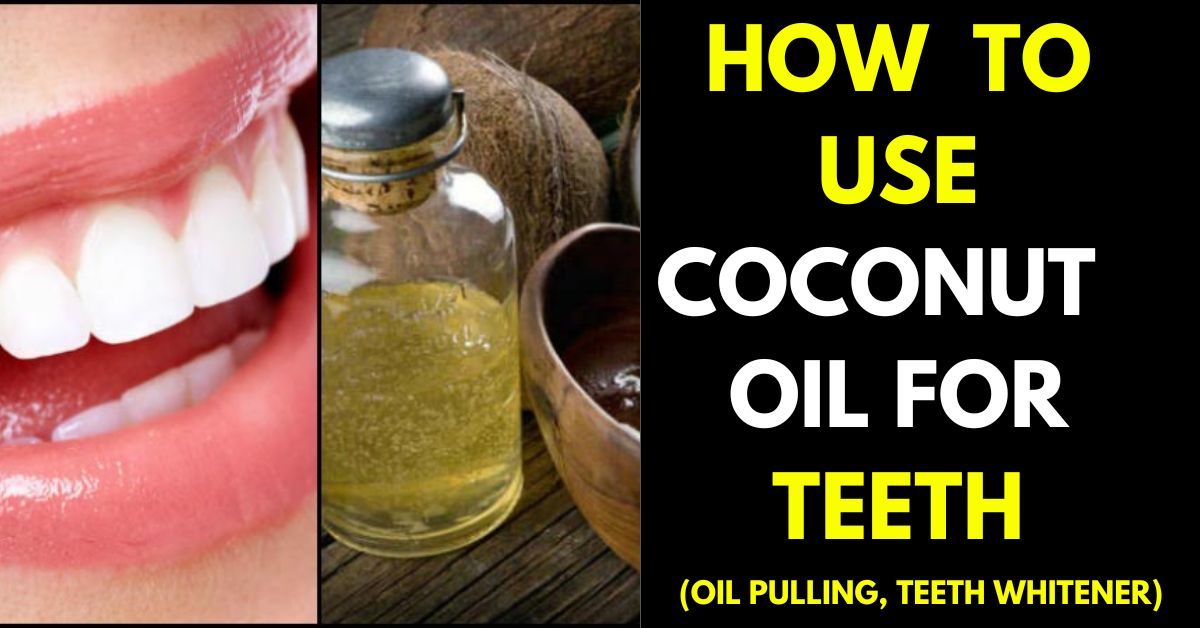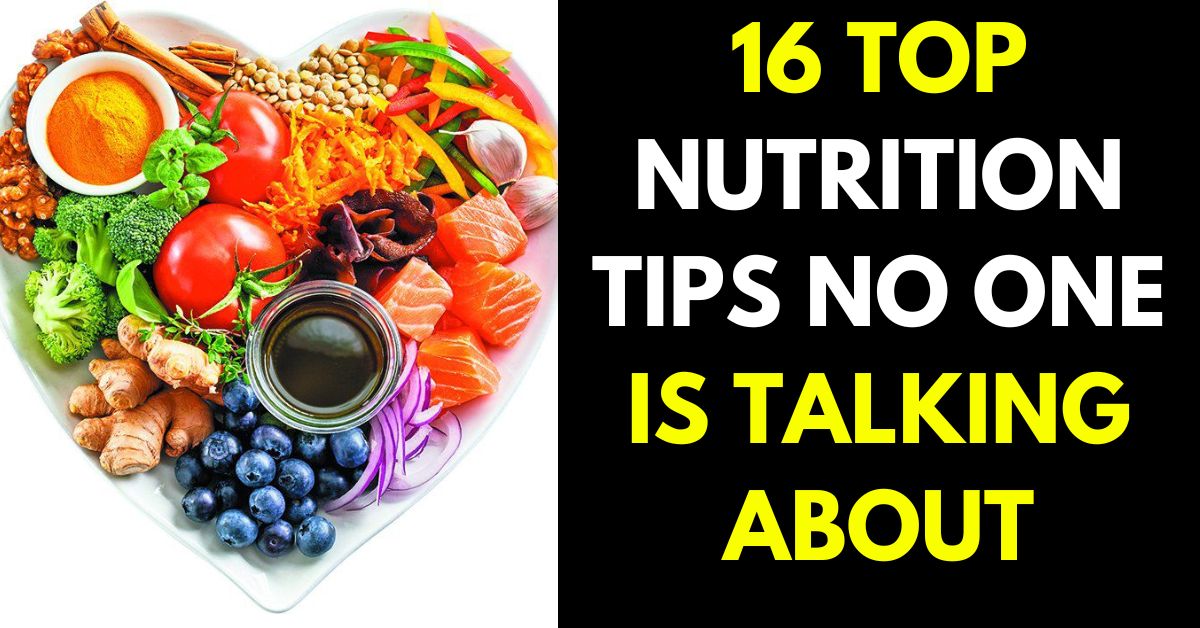If you’re a woman in your late 20s to early 30s, it’s natural to be curious about maintaining optimal health and preventing nutritional deficiencies. The idea of taking vitamins can be overwhelming, but it’s a great step towards taking charge of your health.
That’s why we’ve put together a list of eight fantastic vitamin supplements that could be just what you need. Check them out and see if any catch your eye.
Benefits of Using Vitamins for Women in 30s
For women in their 30s, taking vitamins can bring numerous benefits to their overall health. Here are a few of the most significant benefits:
- Supports Immune System: Vitamins like Vitamin C and Vitamin B12 help to boost the immune system, keeping you healthy and energetic.
- Maintains Skin Health: Vitamins like Vitamin E and Vitamin C play an essential role in maintaining healthy skin, reducing the appearance of fine lines and wrinkles.
- Helps with Reproductive Health: Folic acid, iron, and calcium are essential for women in their 30s, especially if they are planning to have children. These vitamins help maintain reproductive health and prevent deficiencies that can affect fertility.
- Supports Bone Health: As women age, their bones become more fragile. Vitamins like Vitamin D and calcium can help to maintain strong bones and prevent osteoporosis.
- Boosts Energy Levels: Vitamins like B-complex vitamins can help to increase energy levels, reducing fatigue and promoting overall wellness.
Best Vitamins for Women in 30s
Vitamin B Complex
Vitamin B Complex, particularly B9 and B12, play a crucial role in maintaining overall health and preventing deficiencies. Vitamin B12 is essential for maintaining healthy nerve cells and red blood cells, as well as for DNA synthesis. It also helps in reducing the risk of heart disease, depression, and memory loss.
Good food sources of Vitamin B12 include meat, poultry, fish, and dairy products. However, for those who follow a vegetarian or vegan diet, a Vitamin B12 supplement is necessary to prevent deficiencies.
Vitamin D
Vitamin D is often referred to as the “sunshine vitamin” because our bodies can produce it when exposed to sunlight. However, many people don’t get enough Vitamin D through sun exposure alone, making it important to get it through diet or supplementation.
In addition to supporting bone health and helping the body absorb calcium, Vitamin D also supports immune function and may reduce the risk of certain chronic diseases.
Eat fatty fish, egg yolks, and mushrooms. Some dairy products and juices are also fortified with Vitamin D. If you’re not getting enough Vitamin D through your diet, a daily supplement can help ensure you meet your needs.
Omega-3 Fatty Acids
Omega-3 fatty acids are a type of polyunsaturated fat that are important for overall health. They have been shown to have numerous health benefits, including reducing the risk of heart disease, improving brain function, and reducing inflammation.
Good food sources of Omega-3 fatty acids include fatty fish like salmon and mackerel, as well as flaxseeds, chia seeds, and walnuts. Omega-3 supplements are also available in the form of fish oil or plant-based sources like algae oil.
Iron
Iron is an essential mineral that plays a key role in carrying oxygen in the blood. Without enough iron, the body can’t produce enough hemoglobin, which is the protein in red blood cells that carries oxygen.
This can lead to iron-deficiency anemia, which can cause symptoms like fatigue, weakness, and difficulty concentrating.
Some food sources for iron include red meat, poultry, fish, beans, lentils, tofu, and fortified cereal. If you’re not getting enough iron through your diet, an iron supplement may be necessary.
In addition to taking an iron supplement, it’s also important to consume iron-rich foods and to improve the absorption of iron from plant-based sources by combining them with Vitamin C-rich foods.
Vitamin C
Vitamin C is a powerful antioxidant that supports the immune system and helps protect the body from harmful free radicals. In addition to boosting immunity, Vitamin C also plays a key role in maintaining healthy skin, as it helps produce collagen, which gives skin its strength and elasticity.
Eat citrus fruits like oranges and grapefruits, as well as red and green bell peppers, broccoli, Brussels sprouts, and strawberries. Vitamin C supplements are also widely available in both oral and topical forms.
Vitamin E
Vitamin E is a fat-soluble vitamin that acts as a powerful antioxidant, helping to protect the skin and other parts of the body from damage caused by harmful free radicals. Vitamin E also helps support the immune system and may have other health benefits, such as reducing the risk of certain types of cancer and heart disease.
Look for Vitamin E in sources such as nuts and seeds, like almonds and sunflower seeds, as well as leafy green vegetables, olive oil, and avocados.
Folic Acid (B9)
Folic acid plays a key role in cell growth and development. It’s especially important for women who are pregnant or planning to become pregnant, as getting enough folic acid can help prevent major birth defects in the baby’s brain and spine.
Calcium
Calcium is an important mineral for many different functions in the body, and it’s especially important for maintaining strong bones. If you avoid dairy products, you may be at higher risk of calcium deficiency and related conditions like osteoporosis.
It’s a good idea for women of childbearing age to make sure they’re getting enough calcium in their diets, either through dairy products, green vegetables like broccoli, or fortified foods. Calcium supplements can be a good option for women who struggle to get enough calcium through their diets, but it’s important to use them with caution.
Conclusion
Taking care of your health and wellness in your 30s is crucial for long-term health and vitality. By eating a healthy diet that includes a variety of nutrient-rich foods, getting enough sunlight exposure, and talking to a healthcare professional before starting any vitamin or supplement regimen, you can ensure that you’re getting all of the nutrients your body needs to stay healthy and strong.





